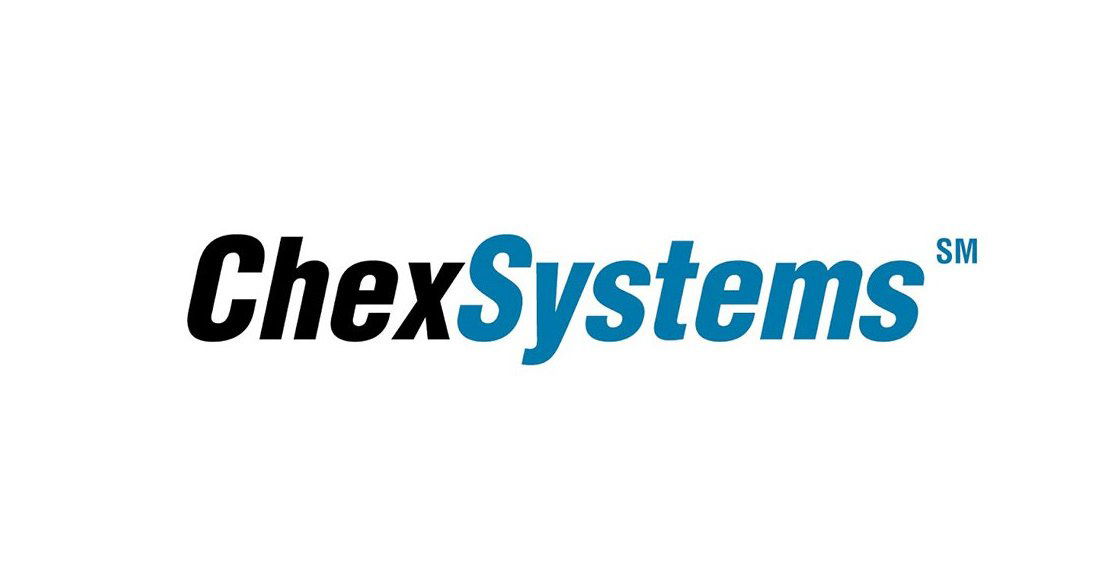Worried your credit score might block you from opening a checking account? The good news is most banks don’t check your credit—but that doesn’t mean approval is guaranteed. Instead of your credit score, many banks check your banking history through tools like ChexSystems to see if you’ve had issues with overdrafts, unpaid fees, or fraud alerts.

If you’ve had trouble with a bank in the past, you might get denied even if your credit score is solid. Here’s what banks actually look at, which reports they use, and how to improve your chances of getting approved.
Do banks check your credit?
Most banks don’t run a credit check when you apply for a checking account. That’s because you’re not borrowing money—they’re not extending credit the way they would with a loan or credit card. Instead, they’re mainly focused on your history with other bank accounts.
That said, some banks do check your credit report, especially if you’re applying for an account that offers overdraft protection or other credit-related features. These checks are usually soft inquiries, which don’t impact your credit score, but in rare cases, a hard inquiry could show up. If that’s a concern, you can always ask the bank what kind of check they run before applying.
What They Actually Check Instead
Even if most banks skip your credit score, they still want to know how you’ve handled checking or savings accounts in the past. The main way they do this is by pulling your ChexSystems report—or sometimes a similar service like Early Warning Services.
These reports track banking activity like:
- Unpaid negative balances: If you left an account in the red and never repaid it.
- Frequent overdrafts or returned payments: A sign you may mismanage your account.
- Accounts closed for abuse or fraud: Anything flagged as suspicious can hurt your chances.
- Bounced checks: Repeated instances raise red flags.
A clean report means you’ve likely managed your bank accounts responsibly. But even one unpaid fee can cause problems when trying to open a new account.
See also: How to Get Out of ChexSystems in 4 Simple Steps
Best Banks That Don’t Use ChexSystems
Current
- Build credit and earn points with every swipe
- No minimum opening deposit or maintenance fees
- Get paid up to 2 days faster
- No credit check or ChexSystems
SoFi
- Up to $300 sign-up bonus with direct deposit
- Earn up to 3.80% APY
- Over 55,000 fee-free ATMs
- Early pay with direct deposit
Chime
- Up to 3.75% APY on a high-yield savings account
- Over 60,000+ fee-free ATMs
- Up to $200 fee-free overdraft coverage
- Get paid up to 2 days early with direct deposit
Can you still open an account with bad credit?
Yes, but it depends on what’s in your record. If your credit score is low but your ChexSystems report is clean, you’ll likely still get approved. Most banks care more about your history with bank accounts than your credit score.
However, if you’ve had past issues like unpaid overdrafts, account closures, or suspected fraud, your ChexSystems report may cause problems. In that case, you might need to look for a second chance checking account. These are designed for people with negative banking histories and can help you rebuild your reputation with banks.
See also: Banks That Don’t Use ChexSystems
How to Improve Your ChexSystems Score
If you’ve been denied for a bank account because of ChexSystems, there are ways to fix it. The sooner you take action, the faster you can get back on track.
- Pay off outstanding debts: Contact the bank that reported you and settle any negative balances. If you can’t pay in full, ask if they’ll accept a lower amount or set up a payment plan.
- Dispute inaccurate information: You can request a free copy of your ChexSystems report and file a dispute if you spot anything incorrect. The agency has 30 days to investigate.
- Give it time: Most records stay on your report for five years, but older items carry less weight over time. If you’ve cleared up your issues, some banks may still approve you.
- Use a second chance account: Second chance checking accounts are easier to qualify for and can help you build a positive record. After a year of good behavior, you may be eligible for a standard account again.
How to Improve Your Credit Score
While your credit score usually doesn’t affect your ability to open a checking account, improving it can help with loans, credit cards, and even job applications.
- Check your reports for errors: You can get free credit reports from all three bureaus at AnnualCreditReport.com. Dispute anything that looks wrong.
- Make on-time payments: Your payment history is the biggest factor in your score. Always pay bills before the due date.
- Keep your balances low: Credit utilization is the percentage of your available credit that you’re using. Staying below 30% is a common recommendation because higher usage signals risk to lenders. For example, if you have a $1,000 limit, try to keep your balance under $300. Using too much of your available credit—even if you pay on time—can lower your score. The lower your utilization, the better.
- Don’t close old credit cards: The length of your credit history matters. Keep older accounts open, even if you don’t use them often.
- Only apply for new credit when needed: Too many applications can hurt your score. Space out your credit inquiries.
Can you hide your credit score?
If a bank or credit union asks to pull your credit, and you authorize it, you can’t hide your credit score. However, if you put a freeze on your credit, no one can pull your credit, including you. This will ‘hide’ your credit score from financial institutions.
If a financial institution cares that much about your credit score, they may ask you to unfreeze it, but most won’t. In fact, most banks won’t ask about your credit score unless they have a reason to worry about your financial worthiness.
Final Thoughts
Most banks won’t check your credit score when you apply for a checking account, but that doesn’t mean approval is automatic. A negative ChexSystems report can still get you denied. If you’ve had past issues with overdrafts or account closures, consider second chance checking options or banks that don’t use ChexSystems.
Improving both your ChexSystems history and credit score will open more financial doors—whether it’s for a new bank account, credit card, or loan. Take a few simple steps now, and you’ll be in a much better position the next time you apply.







